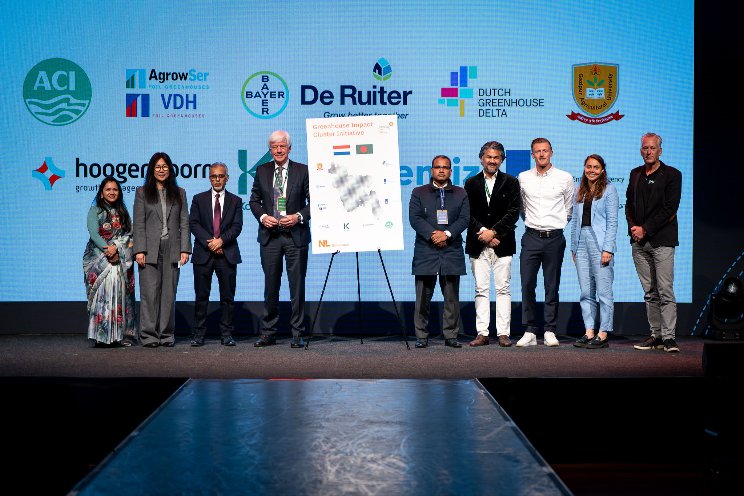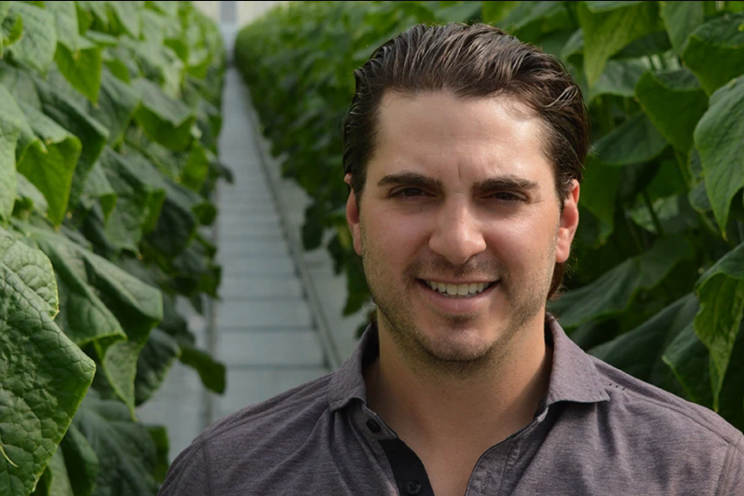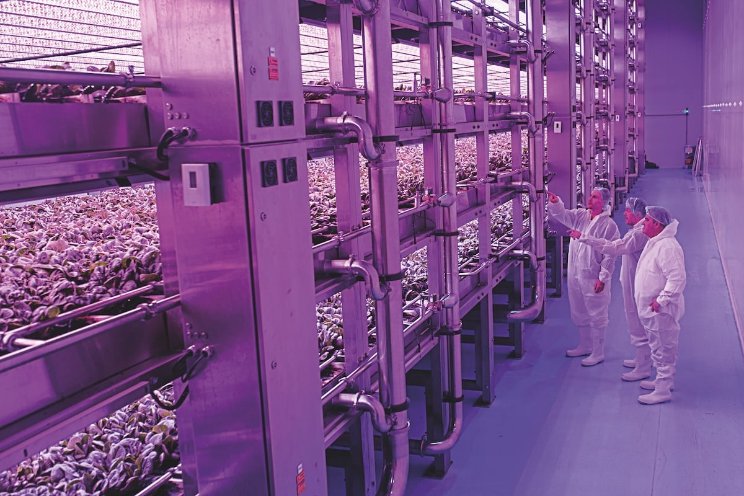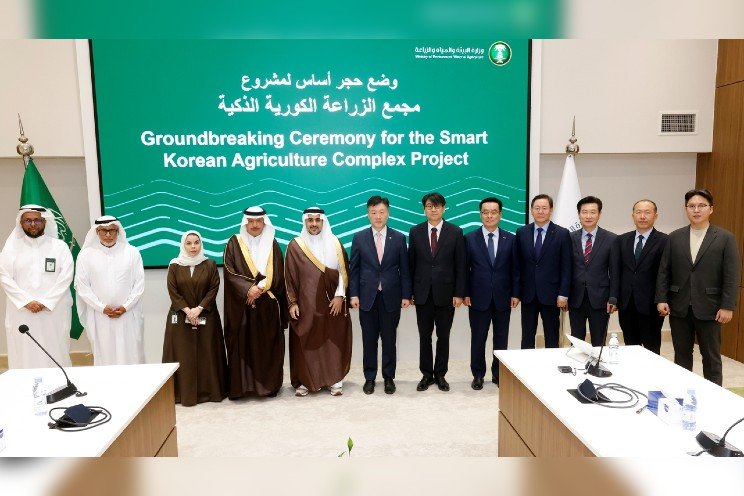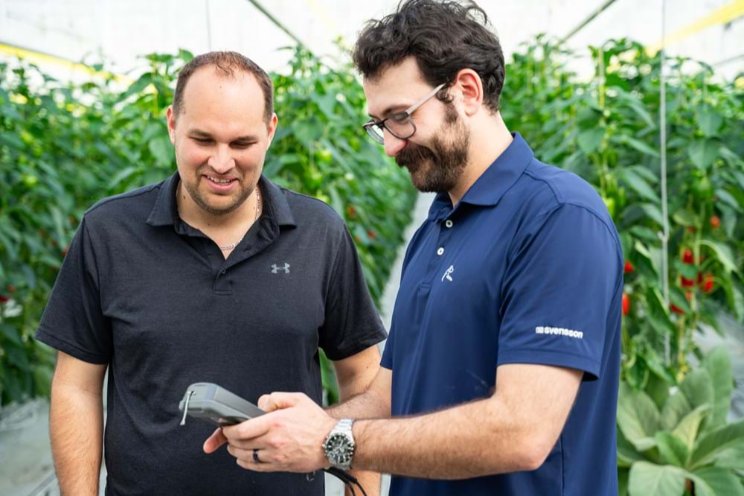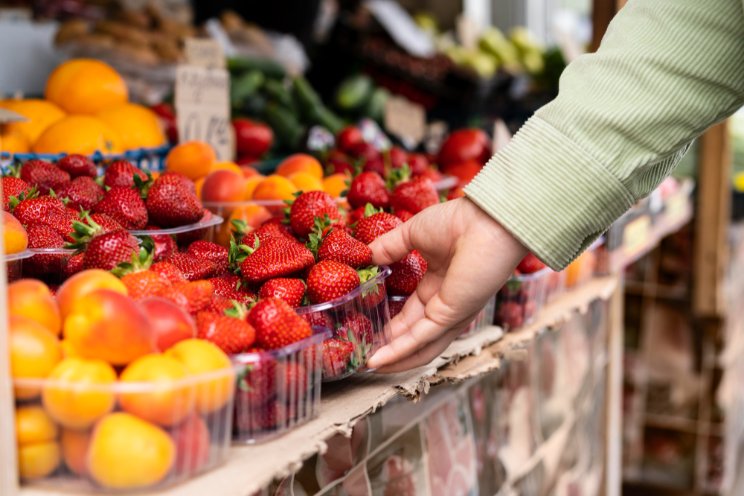Q&A: The emerging tech transforming cannabis growing
Added on 14 October 2020

In general, how much evolution have you seen in grow technology over the last decade?
When I was first getting into (growing), you were seeing automation systems and stuff, but a lot of those automation systems were geared to large-scale farmers. Now, since legalization, we're starting to see a lot more new technology come to the field — some of it good and some of it bad. In just 10 years, we're miles away from where we were.
Walk us through some important automation processes — is it as easy as setting it and forgetting it?
Pretty much our whole grow operation is (automated). My main concern as a manager with my employees is that they're checking systems.
It used to be you had a singular controller for the AC, lights, dehumidifier and they'd all run separately. Nowadays, there's something called a TrolMaster, and we can actually run all the low voltage through this controller from the lights and AC units and dehumidification systems and control it all with our phone and all on a singular platform. The same goes for fertigation and irrigation.
There is a low voltage line coming from all of our solenoid valves, which are what zone off each part of the grow and each strain so we can customize what we're giving them. That low voltage valve will run to our controller and we can control how much water each zone gets.
A lot of the technology we get is actually from Big Ag, but it is slightly customized to the cannabis world. A lot of the soybean farms have fertigation systems that inject fertilizers in line with the irrigation system and we're pretty much doing the same thing.
What does an advanced operation look like? What's the future when it comes to technology and cannabis?
They're diving pretty deep into fully automatic greenhouses. You're looking at a controller that can control when the shade flaps go on the green houses and when the fans kick on to vent the greenhouse. It can control the irrigation and stuff like that. They're diving deep into that because everyone sees that will be the most viable future energy efficiency-wise.
How does automation and advanced technology influence quality?
It can represent a lot in quality — just the consistency and taking out the human aspect of things. You're going to have the correct pH and PPM every single time with those fertigation systems. If your AC goes out, a lot of these automated systems will automatically shut off your lights or dim your lights so you don't burn your whole crop. There are some systems in place that will save you if there are errors or malfunctions in the mechanicals.
Are there processes that can't be automated or at least should not be automated for quality purposes?
Some people will try to automate the trimming side, as well. We are completely against that. As of right now, I don't think there is a machine that can compete with the hand trim. So, that is the other aspect of automation that (growers) can include but that we choose not to because we want the superior end product.
What skills or knowledge makes a grower competitive in this space?
There are three big things. There is the plant side of things and there is the construction side of things — which is learning building materials and how things are constructed — and then there is the irrigation side of things.
Those three aspects are very important and if they can synergize then all of a sudden you can start understanding things on all the levels you need to.
How do they acquire that know-how?
I've seen some people try to go the whole school route, get their master's in botany and stuff like that. It transfers over for some people but for the majority of people, being there every day learning what's going is going to work 100 times better than theory.
Photo: Andrew Nikolopoulos
Source and Photo Courtesy of MiBiz
Source: MiBiz
More news
